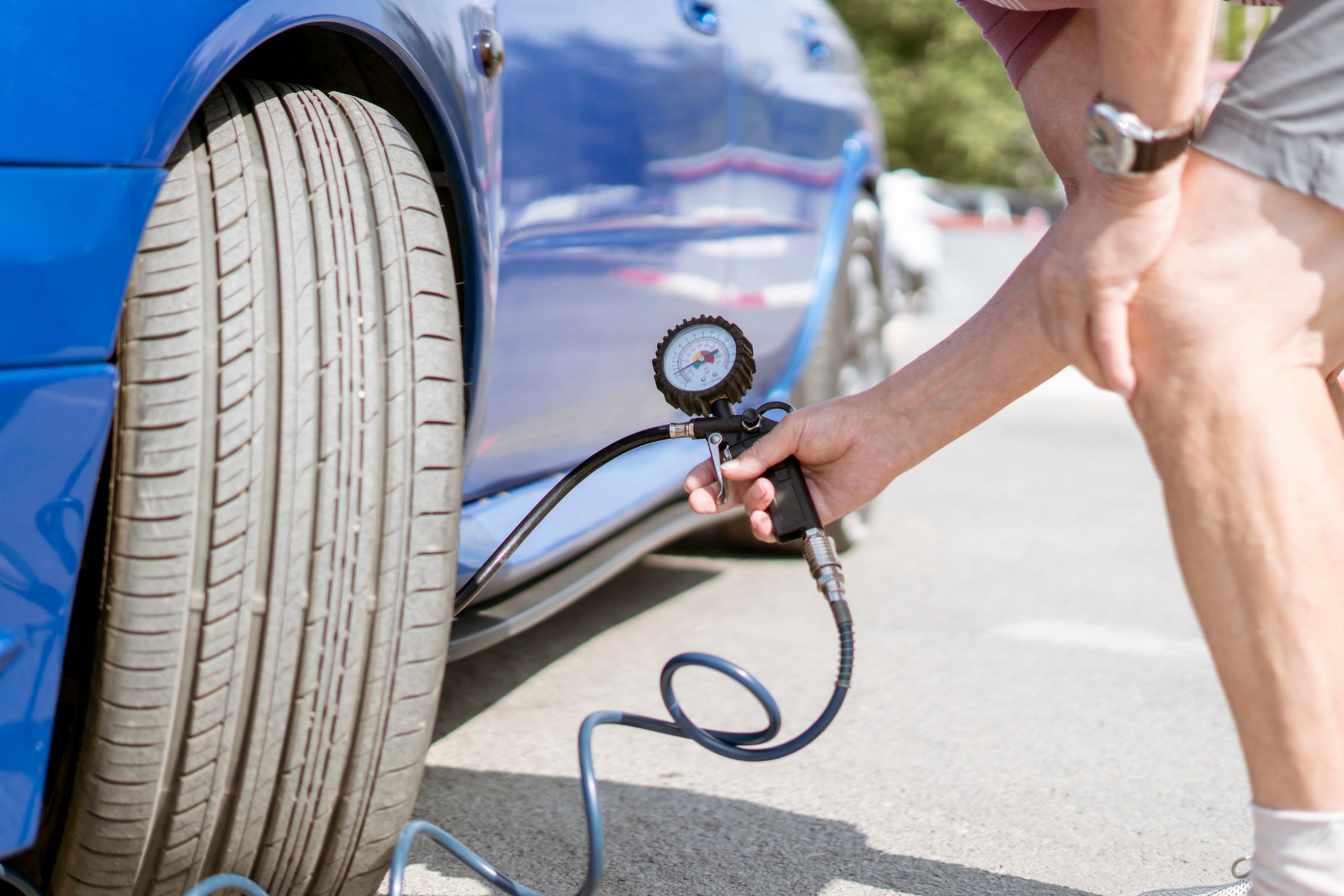Fuel prices have more than doubled since this time in 2021, leading to economic strain not seen since the 1970s. The average price for fuel in the United States is $4.71 a gallon for regular gasoline, and if you have a vehicle that needs premium or diesel, it gets even worse.
Fuel prices are also impacting supply chains and small businesses that rely on transportation methods for their goods or services. While the consumer has few options to directly impact fuel prices at the top, there are many ways to maximize the fuel that is in your tank, and most ways cost little to no money to do.
Setting and maintaining your tire pressure is not only a great way to make sure the treads last longer, it also helps with fuel economy by lowering the rolling resistance of the tires. According to energy.gov, tires at 50% of their capacity, at a speed of 40 miles per hour, cuts fuel economy by 10%.
MORE: MotorHeadline: Automotive training center coming to downtown Augusta
Since most people cannot tell if the tire is low by sight alone, checking tires with a gauge should be done frequently. It saves gas, wear and tear on your tires, and provides a safer ride. Most passenger vehicles have the specification for tire pressure on the driver door jamb or in the owner’s manual and it is also the tires themselves.
Get the junk out of the trunk. Unnecessary items in a car add weight, which in turn will reduce fuel economy. For every 100 pounds added to a vehicles, fuel economy is reduced by up to 2%. Those bags of clothes in your trunk that you have been meaning to take to Goodwill for the past three weeks are costing you money. A clean, uncluttered car is a happy car, so ditch the dead weight.
I get asked this question all the time in my field of work, but the fuel grade that is best for your vehicle is the one the manufacturer recommends. Putting a higher-octane fuel than the manufacturer requires can hurt fuel economy as higher-octane fuels burn hotter. If your car requires 87 octane fuel, there is no advantage to putting in anything more than that in the tank.
If your car requires the use of premium fuel, using anything less than premium can cause problems with your engine and affect fuel economy. Choose a Top Tier fuel station. The lists of Top Tier fuelers can be found online, but Shell, Chevron and Costco wholesalers sell top tier fuel locally.
MORE: MotorHeadline: Chrysler Airflow to return after almost a century
The way you drive will impact your fuel economy more than any other thing on this list. Most vehicles will get their ideal miles per gallon at 55 miles per hour, with a 15% decrease in fuel economy at 65 miles per hour. Maintaining a 55 MPH speed isn’t possible to do everywhere, but it is something to think about while you are driving on the highway. So, slow down, take in the sights around you and save money.
A heavy foot on the gas while starting to drive also reduces fuel economy tremendously, so remember to start off slow and steady when leaving from a stop. Coasting down hills and to stops are also good techniques to keep money in your pocket. Planning trips while traffic is light also helps idling time, when your car is getting zero miles to the gallon.
If your car is running poorly, you could be wasting fuel. Modern engines can be delicate to any problem and getting them fixed make them more efficient. Tune-ups, filter changes and even oil changes need to be completed as scheduled by the manufacturer or poor fuel economy can eat up your budget quickly. Make sure you are running the correct weight of oil, as an oil that is too heavy can decrease fuel economy by up to 2%. A tune-up can increase your miles to the gallon by up to 5%.
With fuel prices poised to go even higher, any of these solutions above will help with keeping you away from the pump for more miles. See you out on the road.
Taylor Bryant is an automotive instructor at Augusta Technical College.










